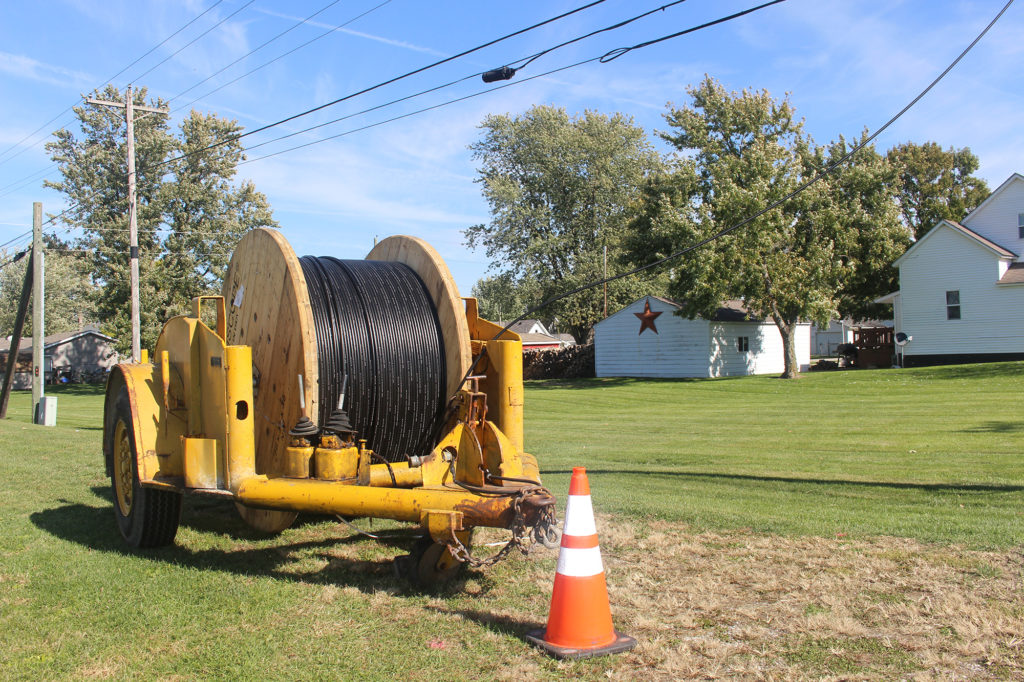
Rural communities awaiting broadband from the Federal Communications Commission’s largest funding auction could end up losing out. Big time.
That’s because the FCC may take a year to confirm the winners of its $9.2 billion Rural Digital Opportunity Fund without announcing defaults by would-be internet service providers along the way.
Without timely public notice of defaults, census block groups no longer covered by the RDOF may be ineligible for tens of billions of dollars from other federal, state and local programs designated for rural broadband.
NRECA is urging the commission not to let this happen.
The FCC should announce RDOF defaults as soon as possible so unserved rural areas will be eligible for other public broadband resources. NRECA made that request April 1 to the FCC with the National Rural Telecommunications Cooperative, NTCA–The Rural Broadband Association, Wisconsin State Telecommunications Association and Ensuring RDOF Integrity Coalition.
“If the FCC gives timely public notice on defaults and identifies unserved areas that will not get RDOF money, other providers can come in and deliver broadband with help from federal stimulus funds and other programs,” said Brian O’Hara, NRECA’s senior regulatory director.
“But for now, these rural communities are stuck.”
Several new and existing broadband funding programs will open soon, including the Rural Utilities Service’s ReConnect program and the National Telecommunications and Information Administration’s programs for broadband infrastructure, tribal broadband connectivity and connecting minority communities.
Since RDOF winners were announced last December, there have already been some defaults by those that have failed or declined to meet the deadline to file detailed broadband plans. Some preliminary winners also have informed the FCC that they can no longer serve the census blocks in their bids. As the FCC reviews the bids, NRECA anticipates that some questionable bids may be disqualified.
Many electric cooperatives that bid into the RDOF lost out to other bidders on certain census blocks or won areas that are nonadjacent, which could raise the cost to serve the areas they did win.
“If such a co-op learns in a timely fashion that the winner of those other census blocks has defaulted, that co-op may seek other funding to serve those blocks,” O’Hara said.
The bottom line is to ensure that rural areas are not stranded without broadband access for schools, businesses, telemedicine and other essentials, he said. “It’s about these communities getting served with the right broadband that meets their needs,” O’Hara said. “Not just for today, but their needs going forward.”
Cathy Cash is a staff writer at NRECA.